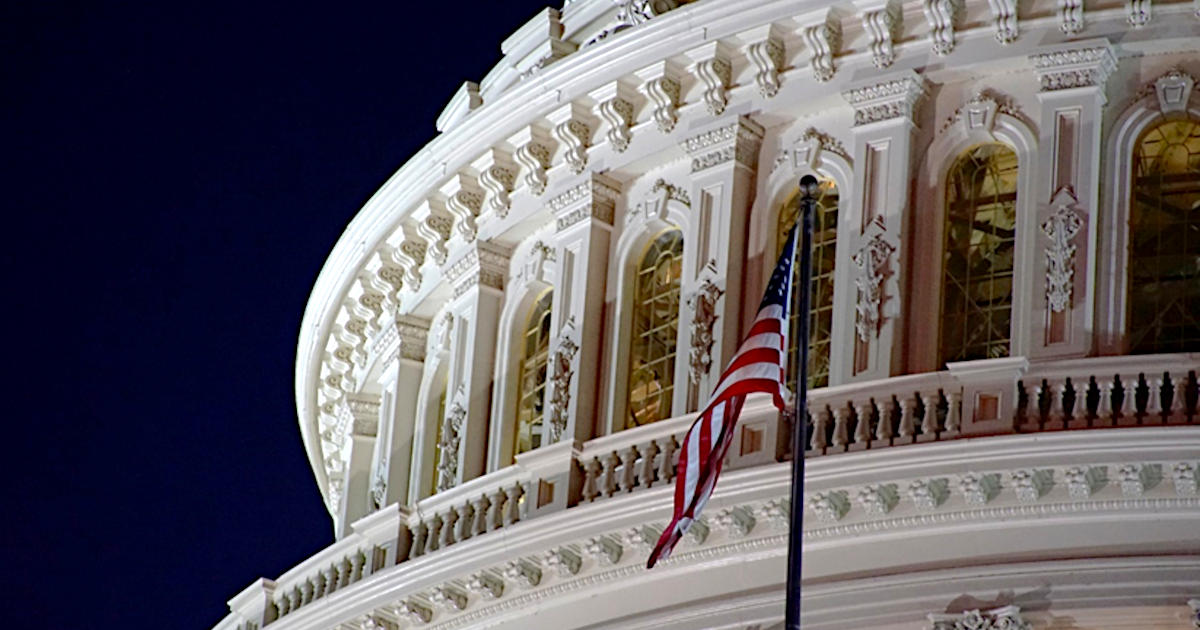The Cannabis Administration and Opportunity Act Would Open the Doors for U.S. Marijuana Businesses
Legalization of marijuana (cannabis, THC, pot) for medical purposes or recreational use has been rapid in the U.S. — Eighteen states have passed full legalization, and 37 permit medical use or study. The growing public endorsement suggests broad support for permissive cannabis laws. Still, that support hasn’t garnered high enough numbers of legislators in Washington to match the decriminalization and permissiveness of even the 37 states that permit only medical use.
Turning Point?
It’s expected that today (July 14), the Senate Majority Leader (Chuck Schumer), the Finance Chairman (Ron Wyden), and a New Jersey Senator (Cory Booker) will present a discussion draft of their marijuana legalization bill at a press conference. The release of this draft may heighten national discussion and provide a tailwind to the hopeful industry.
The bill will be called The Cannabis Administration
and Opportunity Act and invites the long-anticipated move to delete marijuana from the federal list of controlled substances. The bill would also define federal tax and overriding regulation of marijuana on the federal level, leaving room for states to implement and enforce their own laws, presumably not unlike alcohol or prescription medications. This nod to states’ rights to govern their own citizenry would include a state’s ability to not allow legal marijuana use within their borders. The bill would also help states by establishing a wide range of federal research into concerns such as “drugged driving” and the impact cannabis has on brain function. These measures would collect data about traffic deaths, violent crime, and public health concerns that are not yet understood.
Provisions
The original bill is expected to also include provisions that include three grant programs designed to help disadvantaged individuals, and those hurt by years of strict drug laws. This would include expungements of federal non-violent cannabis offenses. States and cities would also be required to enact expungement programs to receive any grant funding created by the bill.
The bill is expected to include verbiage that reassures the federal banking system that serving cannabis companies on banking basics would not put them in jeopardy. It could also propose removing the 280E tax that has been a drag on profitability and the subject of court cases. The proposed bill could also provide specifics for companies that grow, manufacture, or distribute marijuana in the U.S. to list on U.S. stock exchanges.
Senator Schumer has indicated he hopes to enact the legislation by April 2022. However, it does not appear that he has open backing by the White House. Although President Biden has said, he supports decriminalization, it’s uncertain whether full legal status at the national level would be supported by the President or by enough legislators needed to pass the measure.
Take-Away
Although the complete contents of the proposal has not been revealed, it is expected that it is written to solve some of the biggest hurdles for the industry. Although legalization at the federal level opens up the products for additional taxes, it also allows for much needed banking and normalized commerce that could add to the industry’s growth and profitability.
Suggested Reading:
 Will Federal Law Surrounding Cannabis be Changed?
|
 The Future of Cannabis Crosses Many Industries
|
 Marijuana and Sports, Where Officials Stand
|
 Clarence Thomas Statement on Half-in/Half-out Marijuana Laws
|
Sources:
Cannabis Administration
and Opportunity Act
Stay up to date. Follow us:

|

